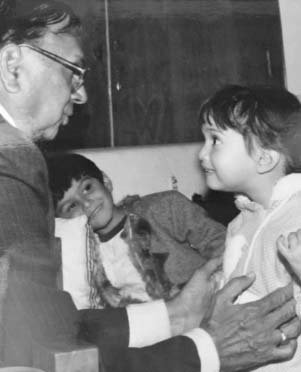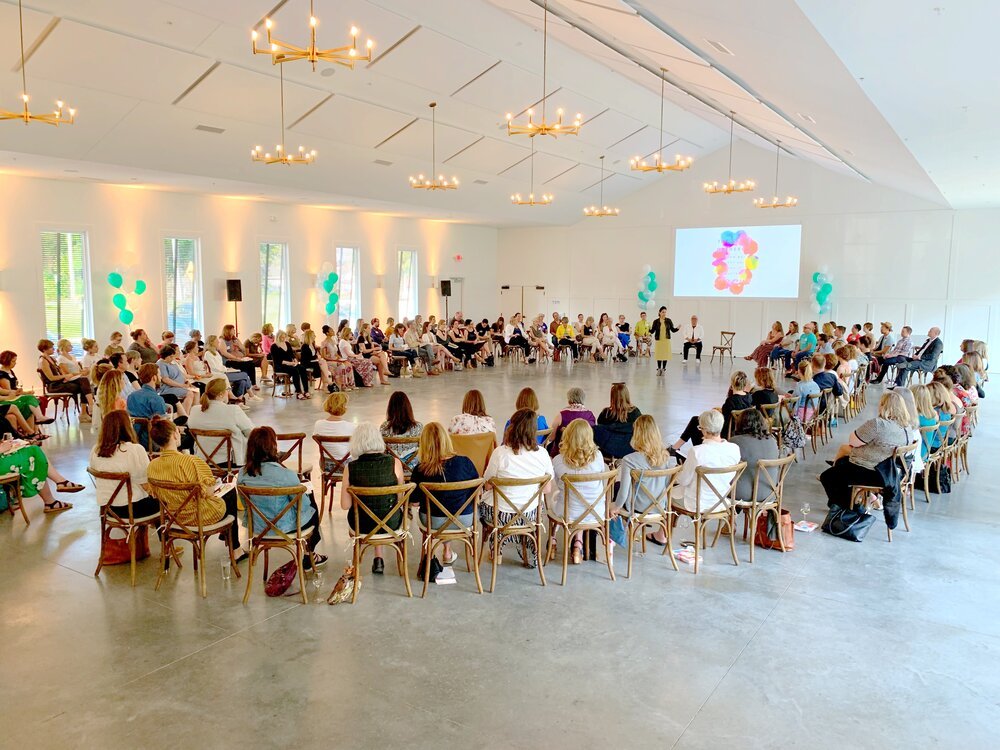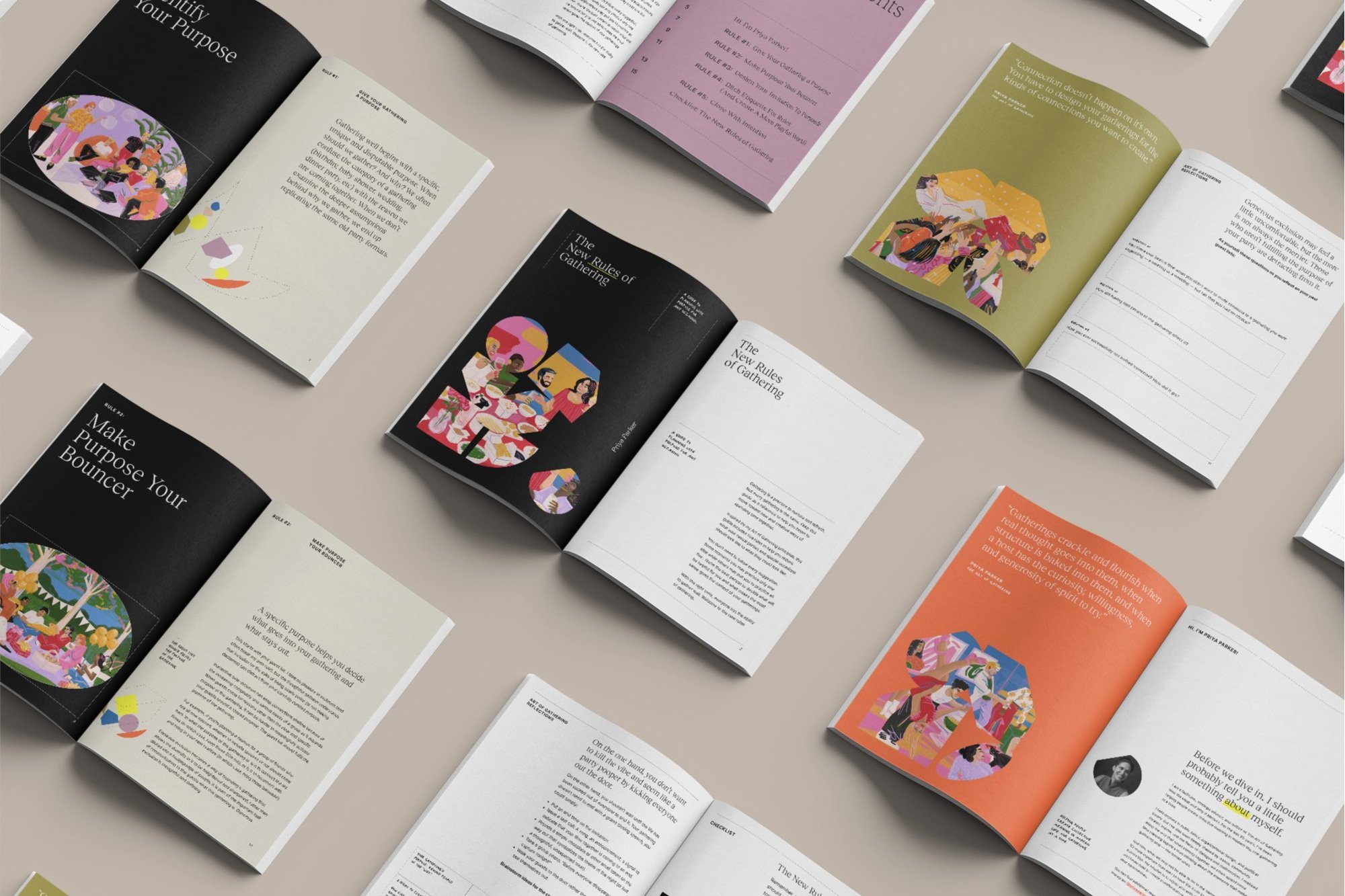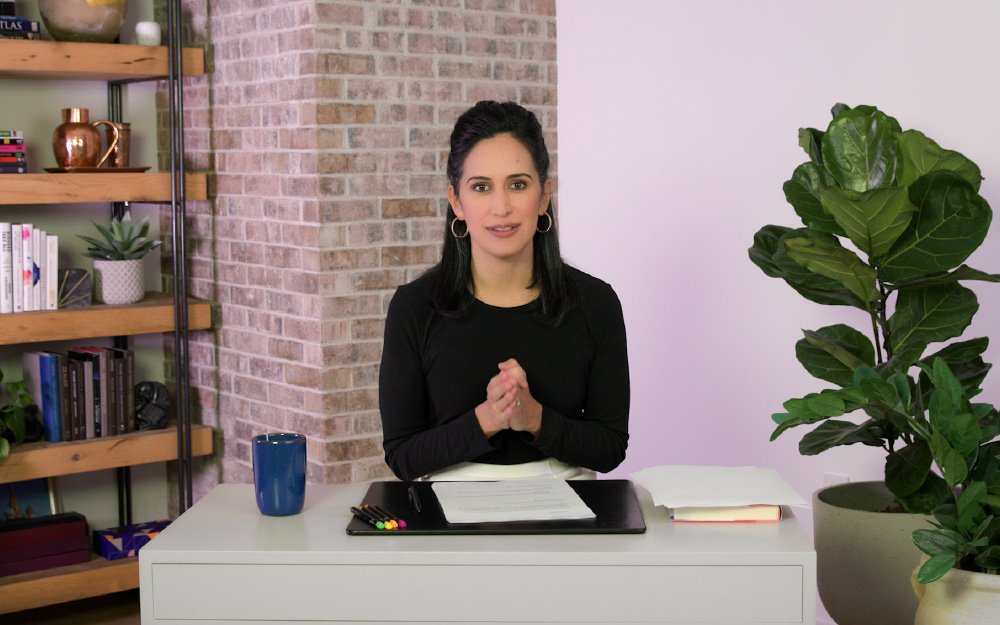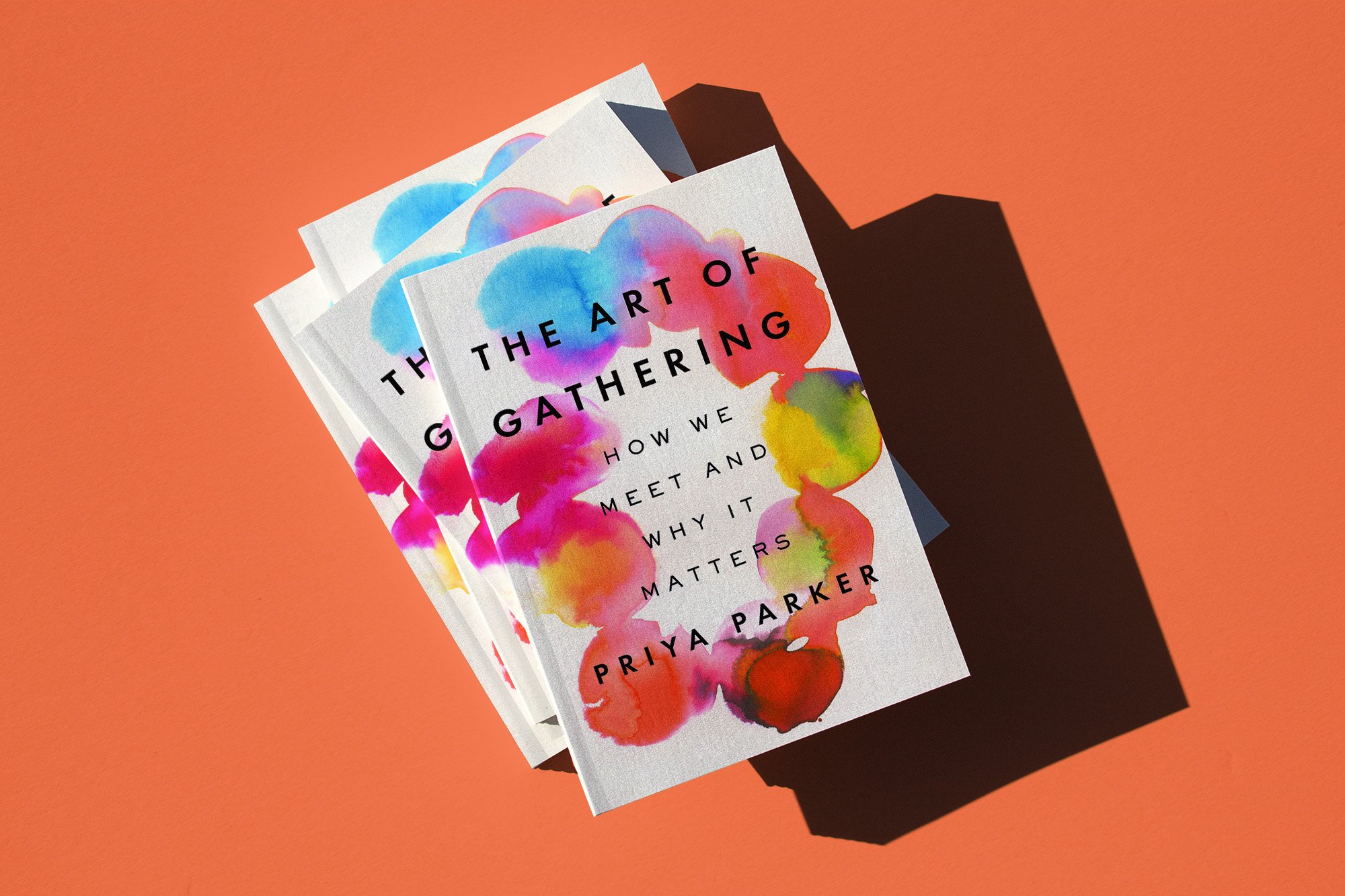Hi there! I’m Priya Parker.
I’m a facilitator, strategic advisor, author, and life-long curious student.
I believe everyone has the ability to gather well. I’m here to help you rethink and reimagine how we spend our time together and infuse it with creativity and meaning.
Gatherings play a huge role in our lives. The comings together of friends, family, and co-workers have the potential to change the way we connect, the way we understand ourselves and one another, and the way we live. Yet, too often, we’re on autopilot using the same tired formats. We forget to plan for, or fail to even consider, the human connection at the center of it all — the real magic behind a successful group event. I want to help you shift that lens.
Have you ever been to a conference you couldn’t wait to leave? Internally rolled your eyes in another Zoom meeting that could have been an email? Spent hours planning a special dinner party only to have it fall flat?
I strive to help people experience a sense of belonging.
My 3-year-old self with my grandfather, who I called Nana, listening intently.I’ve always been interested in how groups come together, how they break, how they come back together, and in what shape.
This may or may not have something to do with the fact that I’ve spent a lot of my own life trying to figure out where I fit in. Like many of you, I was born in Zimbabwe to an Indian mother and a white Midwestern American father 😉.
Then, life happened. They divorced and remarried other people, and I toggled back and forth between two vastly different worlds and worldviews. On Friday afternoons I’d leave my mother and stepfather’s Indian, liberal, vegetarian, meditating, Buddhist, Atheist (Agnostic on hopeful days), global household and travel the 1.4 miles to my father and stepmother’s white, American, Evangelical Christian, conservative, twice-a-week church-going, meat-eating, basketball-dribbling household.
I was always both a part of each of these families as well as apart from each of these families. It’s no mystery that I eventually found my way into the field of conflict resolution.
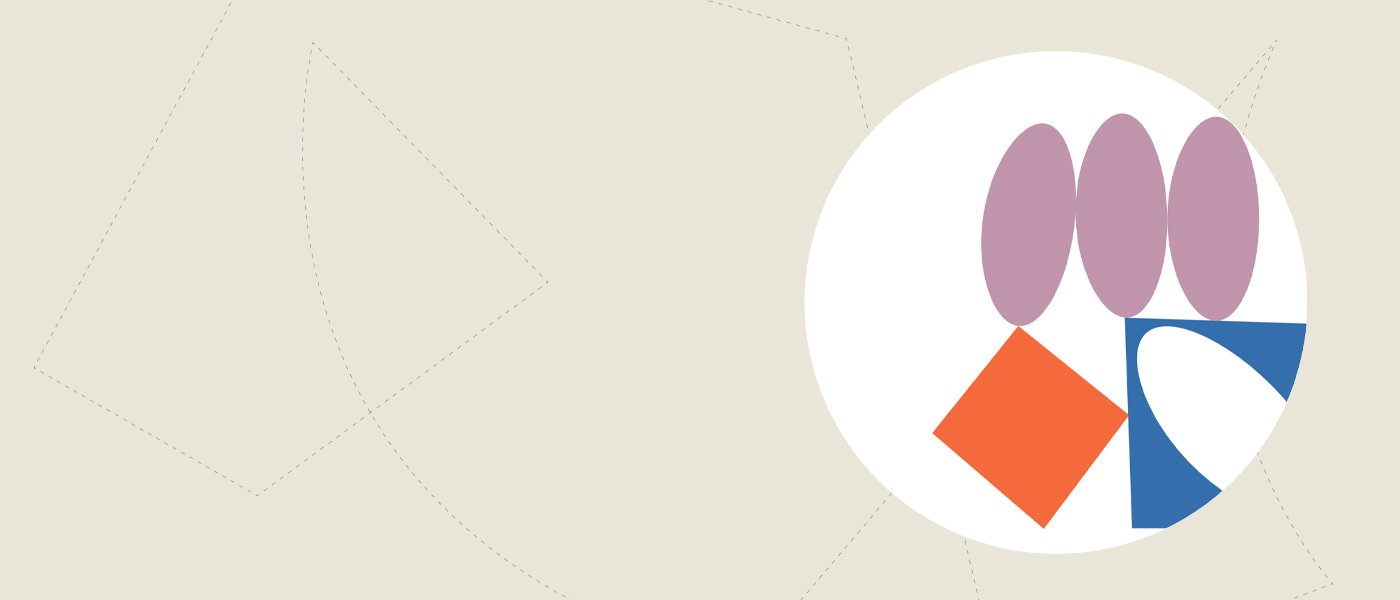
“The Art of Gathering places people and what happens between them at the center of coming together.”
Connecting a group despite obstacles.
“I became a facilitator because I saw a need in my community and I wanted to learn the tools and skills to address it.”
As a first year at the University of Virginia, I was deeply unsettled by race relations on my campus. The school had a strong sense of student self-governance — take on the problems you see and do something about it.
It was here that I discovered Sustained Dialogue and the work of Harold (Hal) Saunders. Mentored by Dr. Saunders, the founder himself, my peers and I learned how to facilitate complicated, messy dialogues with people within our own communities to see if we could create change in our campus culture and structure.
These years deeply informed my work and kickstarted a passionate journey and lifelong practice as a conflict resolution and dialogue facilitator.
While my day job is to help groups have crucial complicated conversations that they’ve been avoiding, my research and writing craft allows me to help demystify how anyone can create meaningful, necessary gatherings for their people. Even you.
Gathering is one of the most important ways in which we shape and build the world we want to live in. How are you shaping yours?
I believe anyone has the ability to be an artful gatherer.
An artful gatherer is someone who is able to create meaning and connection in groups without everyone needing to be the same.
You don’t need a background in conflict management or the personality of an extrovert. You don't need a fancy house or the right chairs. Above all, you need a set of skills that help intentionally and thoughtfully identify why you’re coming together, set clear expectations, and create relevant moments of connection.
Artful gathering is a lifelong practice that instills in you a curiosity, willingness, and a generosity of spirit to ask: How might we do this differently? What does it look like to design a gathering that reflects who we are—in all of our differences—and the world we desire to build?
With such a wide range of experiences, here are a few of Priya’s key influences:
-
Sustained Dialogue is small group dialogue methodology that focuses on transforming relationships in a group in order to change something out in the world.
Founder Harold H. Saunders mentored Priya and peers at UVA and Princeton to establish the Sustained Dialogue Campus Network. By her early 20s, Priya began to develop her craft through hundreds of hours of moderating student dialogue groups, training other moderators in the US and India, and creating training modules to be used on campuses across the United States and in Zimbabwe.
-
Committed to the craft of facilitation, Priya’s expertise lies in framing conversation, and listening and tracking for language and how it begins to shift and shape perceptions in a group. Her speciality is facilitating meaningful conversations that activate a group's sense of possibility and identity. She works with groups as small as 6 or as large as 5,000, physically and virtually. For the like-minded facilitation nerds out there, Priya is trained in multiple modalities including Multi-Stakeholder Dialogue, Track 2 Dialogue, inter-group dialogue, and an array of collective processes.
Facilitation is a multifaceted field with many different rabbit holes to explore. It’s a craft you continue to practice and build upon over time. The key is to find a need in your community and a methodology you’re excited by. Master it, and become a life-long student to strengthen it.
-
Priya spent her undergraduate years studying Political and Social Thought at the University of Virginia with an area of focus on Race and Ethnicity, Identity, and Immigration. Her undergraduate Honors Thesis was on the topic of Racial Incidents and Responses on 10 College Campuses in the United States. While not formally trained as a DEI trainer, Priya holds a robust history of studying these topics at an academic level.
Afterward, in addition to pursuing an MBA, she studied public policy, economics, development studies, governance and participation at the Harvard Kennedy School, where she graduated with a Masters in Public Administration.
-
As a child of two civil servants, business lingo was a foreign language. The MBA program at the Massachusetts Institute of Technology introduced Priya to a world she was not necessarily a part of, but one she deeply wanted to understand as a system of power and a way of thinking she had not previously known.
There she studied organizational design, systems thinking, and collective intelligence. Her thesis advisor was Dr. Thomas Malone, the founding director of the Center for Collective Intelligence.
After receiving her MBA with a focus on organizational design and collective intelligence, she applied her multiple academic worlds to her facilitation. Priya has gone on to advise organizations in moments of crisis and transition on how to diagnose the need and find high-integrity, human processes to find their way through.
-
Priya is an enthusiastic student of improv — studying at Boston Improv, The Pit, and more recently on Zoom with teachers under the lineage of Keith Johnstone.
Some of the smartest practices and group-building exercises come from the theater. They are powerful group methodologies that play with a healthy balance of the individual and the group — locating techniques and moments of choice of when and how a group comes together while allowing individuals to still have a voice.
Plus, it’s just fun.
-
How we played as children can deeply inform our work today. In childhood, Priya was always attracted to physical group games, activities, and experiences — happiest choreographing dances with friends in her parent’s basement, playing fast-pitch softball and basketball, and performing in marching band. And in later years, she completed a 200-hour Yoga Dance teacher training.
Movement and the body has been an important counterpart of Priya’s language-based and dialogic training. These experiences hold lessons of how to be both a strong leader and a strong follower, how to pay attention and be in your body, how to use your body, and how to read other bodies in the room. Connection and meaning-making aren’t just lingual, the group is also a deeply physical being.
“Gatherings crackle and flourish when real thought goes into them, when structure is baked into them, and when a host has the curiosity, willingness, and generosity of spirit to try.”
Take the Course
Learn the concrete skills to help you design and host a future gathering that is important to you at home, work, and in your communities.
Read the Book
A bold new human-centered approach to how we gather that will transform the ways we spend our time together.
Book a Workshop
Equip your team with the practical skills and know-how to design meaningful group experiences for colleagues, partners, and customers.
Book Priya for
Speaking
Challenge your audience to dig down to the root of why and how we make connections, create communities, and build organizations.
Gather Resources for Connection
What could your next gathering look like? Explore a number of resources to spark inspiration, feed your curiosity, and nurture your gathering practice.
Inquire about Advisory/Facilitation
A limited opportunity for deep mentorship for those in the public, political, and social movement-building space.



